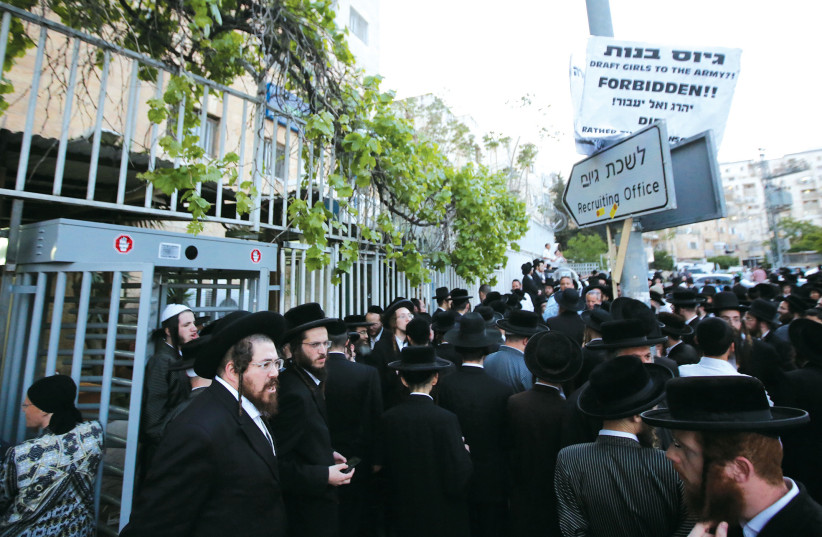The High Court of Justice on Tuesday gave the state until January 19 to provide an update on the status of its efforts to pass a new bill to resolve the controversy of haredim (ultra-Orthodox) in the IDF.
This latest development heavily hints that the High Court will then grant the state the additional three-month extension it requested last week, or at least some additional period, for completing passage of the new potential bill.
Last week, the state asked for a three-month extension from Thursday’s deadline for resolving the haredim in the IDF issue – a deadline the state had known about since July 2021.
In July 2021, the High Court gave the state six months to address the issue, since a new government had been sworn in only in mid-June.
When the High Court deferred even deciding whether or not to grant the state an extension, it appeared that the justices were waiting for this past Monday’s scheduled vote to start to move the bill forward.

However, that vote was postponed until next week, after members of the coalition became infected with the coronavirus.
In addition, the High Court has been giving this or prior governments extensions to address the issue since 2017, when it struck down the last law that had dealt with the dilemma.
The controversy dates back even farther to the 2002 Tal Law, which was the first real attempt to manage or reform the fact that haredim either do not serve in the IDF or do so in much smaller numbers than other Jewish Israelis who are generally drafted on a compulsory basis.
